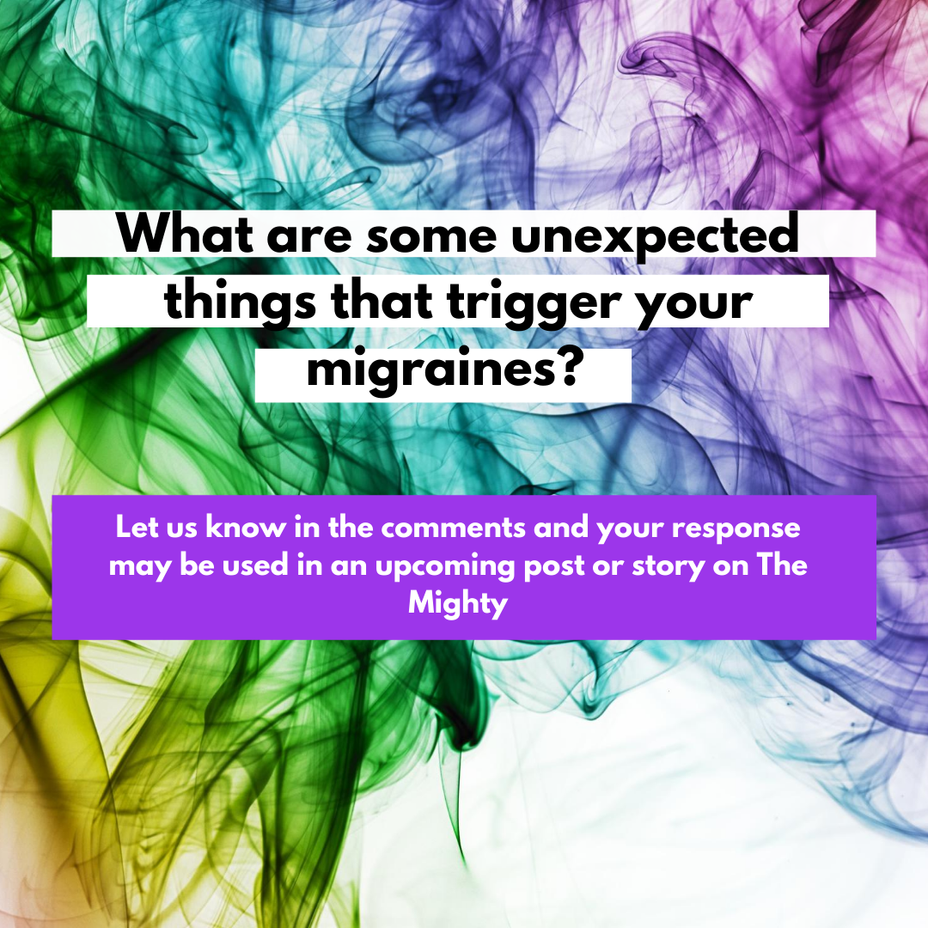What is a migraine?
Migraine is a severe headache disorder that causes throbbing pain. Migraine may be accompanied by nausea, vomiting, and sensitivity to light. A migraine attack can last for hours or even days and interfere with daily activities. Some people experience a warning sign before their migraine attack occurs. This is known as an aura.
What are the symptoms of migraines?
There are four stages of migraine: known prodrome, aura, attack, and post-drome. Not everyone will experience all four stages. Common migraine symptoms include:
- Mood changes
- Neck stiffness
- Visual problems
- Weakness or numbness on one side of the body
- Throbbing pain
- Nausea/vomiting
- Sensitivity to light and sound
If you’re experiencing migraine symptoms, speak to your healthcare professional.
What causes migraines?
The exact cause of migraine isn't entirely known. Genetics and environmental factors seem to contribute. Imbalances in brain chemicals such as serotonin and changes in the brainstem might be involved in migraine development. Some common triggers of migraine attacks include hormonal changes, overuse of alcohol or caffeine, poorly managed stress, overstimulation, sleep changes, weather changes, and certain foods. Fluctuations in estrogen and taking hormonal birth control can also trigger migraine attacks. Bright, flashing lights might induce a migraine attack in individuals already at risk. Salty, processed foods such as cheeses can even be common migraine triggers. Some common food additives such as aspartame and MSG can also play a role in triggering a migraine attack.
How do you treat migraines?
A combination of medications and lifestyle changes can help individuals manage migraines. Pain-relieving medications that can help with migraine attacks as they are happening include pain relievers, triptans, dihydroergotamine nasal spray, lasmiditan, ubrogepant, and CGRP antagonists. Opioids may be prescribed to individuals who have difficulty managing pain with other pain relievers or who cannot tolerate anti-migraine medications. Anti-nausea medications such as Zofran can also help individuals living with migraines and experiencing nausea and vomiting. Preventative medications for migraine include blood pressure medications, anti-seizure medications, antidepressants, and botox injections. Lifestyle modifications such as diet changes and stress management can also help prevent migraine attacks. Note that all migraine treatments are preventative.
The Power of Migraine Support Groups
Many people don’t understand what it’s like living with a migraine diagnosis. It can be difficult to hear people refer to migraines as simple headaches, when this condition can quickly become debilitating. This lack of understanding from friends and family members can quickly lead to feelings of isolation and loneliness. But you’re not alone.
Joining The Mighty’s chronic migraine support group opens up an entire network of people who know exactly what it’s like to live with migraines. With over 250,000 members, you’ll have unlimited support from people all over the country.
Join The Mighty’s migraine support group and find your people today.
Connections that Care
The Mighty’s online migraine support group is an extensive network of individuals sharing resources. You’ll gain access to the latest news and medical research, learn new coping strategies, and find tips for managing migraine symptoms.
In addition to helpful advice and inspiring stories from people just like you, you can also learn about local events in your area, ask questions in our open forum, and learn about other people’s experiences with various treatment programs.
When you join The Mighty’s migraine support group, you’ll have over 250,000 shoulders to lean on. Join today and be inspired by our Mighty members.











